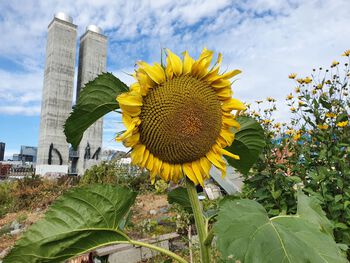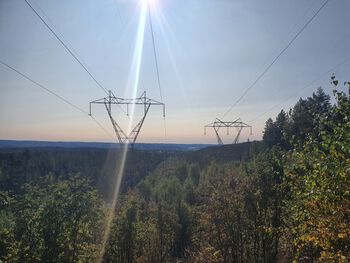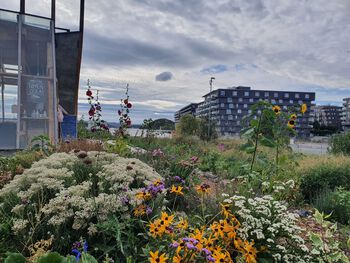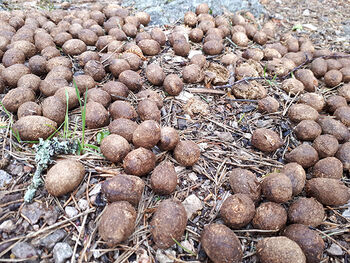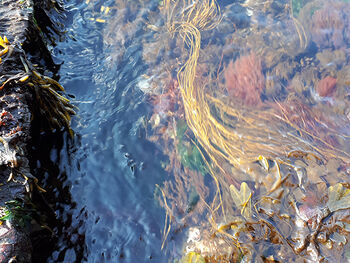EHS4000 – Knowing Natures: Environmental Research Seminar
Schedule, syllabus and examination date
Course content
This course aims to experiment with new forms of teaching in the Anthropocene. It will provide you with insights into different practices and ways of doing environmental research and enable you to develop your own collaborative environmental study. Through field trips and interdisciplinary workshops you will:- Learn how to jointly design an empirical environmental research over two semesters, guided by experts from different disciplines
- Explore Oslo`s environments and its surroundings in interdisciplinary groups to identify and better understand local and global environmental challenges
- Engage with scholars, local communities, politicians, environmental organisations and activists to study environmental topics from multiple perspectives
- Learn how to work constructively in interdisciplinary teams and have conversations across disciplines at an early stage of your career
- Experiment with creative and arts-driven forms of research dissemination—such as filmmaking, photography, exhibition design, environmental story maps, or journalistic writing
- Gain experience with environmental storytelling to reach a broader audience
Learning outcome
You will gain:
- Theoretical, methodological and practical skills for doing environmental research
- Experience in developing a small, collaborative environmental research project in an interdisciplinary group setting
- The ability to look beyond disciplinary confines to study environmental topics across disciplinary boundaries
- Experience in communicating and presenting research on the environmental and climatic crisis (or possible socio-ecological transformations) to a broader audience
- The opportunity to connect with environmentally engaged students from other disciplines
Admission to the course
This course is part of the Environmental Humanities and Sciences (honours certificate).
Students who are admitted to study programmes at UiO must each semester register which courses and exams they wish to sign up for in Studentweb.
Only students enrolled in the Environmental Humanities and Sciences (honours certificate) can be admitted to this course.
NB!?There is no admission to the Honours Certificate in Environmental Humanities and Sciences in 2025. Therefore, this course will not be offered in Spring 2025 and Autumn 2025.
Teaching
This course is taught over two semesters, starting in the spring semester.
Spring semester: Course introduction and excursions around the Oslo area with subject instructors, guest lecturers and practitioners.
Autumn semester: Research seminars, student-led presentations and supervision.
Compulsory activity:
Written assgingment: You have to submit a project description in Canvas at the end of the spring semester.
Compulsory presentation at the Eco-slam in the fall semester.
Examination
Written report
At the end of the course students submit a final report based on the research project they have designed and carried out over the last two semesters. The final submission may be creative and can incorporate elements from arts-driven research dissemination—such as filmmaking, photography, exhibition design, environmental story maps, speculative fiction or journalistic writing. Please note that the compulsory actitivty has to be completed in order to qualify for the exam.
You must submit the exam in Inspera - see guides for digital exams?
You are personally responsible for familiarizing yourself with the requirements and deadlines for the exam.?
All compulsory activities must be completed and approved in order to take the exam.?
You can find more information about the exam on the semester page of the course.?
Language of examination
The examination text is given in English, and you submit your response in English.
Grading scale
Grades are awarded on a pass/fail scale. Read more about the grading system.
More about examinations at UiO
- Use of sources and citations
- Special exam arrangements due to individual needs
- Withdrawal from an exam
- Illness at exams / postponed exams
- Explanation of grades and appeals
- Resitting an exam
- Cheating/attempted cheating
You will find further guides and resources at the web page on examinations at UiO.
